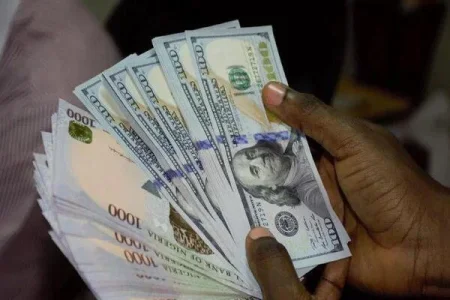
The naira plummeted to N1,639.41 per dollar in the official market, marking a significant decline of N34 from the previous day. The black market rate also fell, reflecting broader economic instability and inflation concerns, prompting calls for urgent government reforms to stabilize the currency.
The naira's decline continued to intensify as it hit a record low of N1,639.41 to the dollar at the official exchange rate on September 5, 2024. This represents a significant drop of N34 from the previous day's rate of N1,606, according to figures from the Nigerian Autonomous Foreign Exchange Market (NAFEM).
The depreciation is not limited to the official market; the black market also reflected this downward trend, with the naira falling by N5 to exchange at N1,645 per dollar, compared to N1,640 the day before.
Economists attribute the naira's weakness to a combination of factors, including persistent inflation, reduced foreign investment, and ongoing economic instability. The situation has raised concerns among traders and consumers, as the continued depreciation of the currency may exacerbate inflation and lead to higher prices for goods and services.
The government has faced mounting pressure to implement policies that stabilize the currency and restore investor confidence. Stakeholders in the economy are calling for urgent reforms to address the underlying issues affecting the naira and to improve the overall economic climate in Nigeria. The recent plunge in the currency's value highlights the critical need for strategic interventions to safeguard the economy and support the purchasing power of Nigerians.




